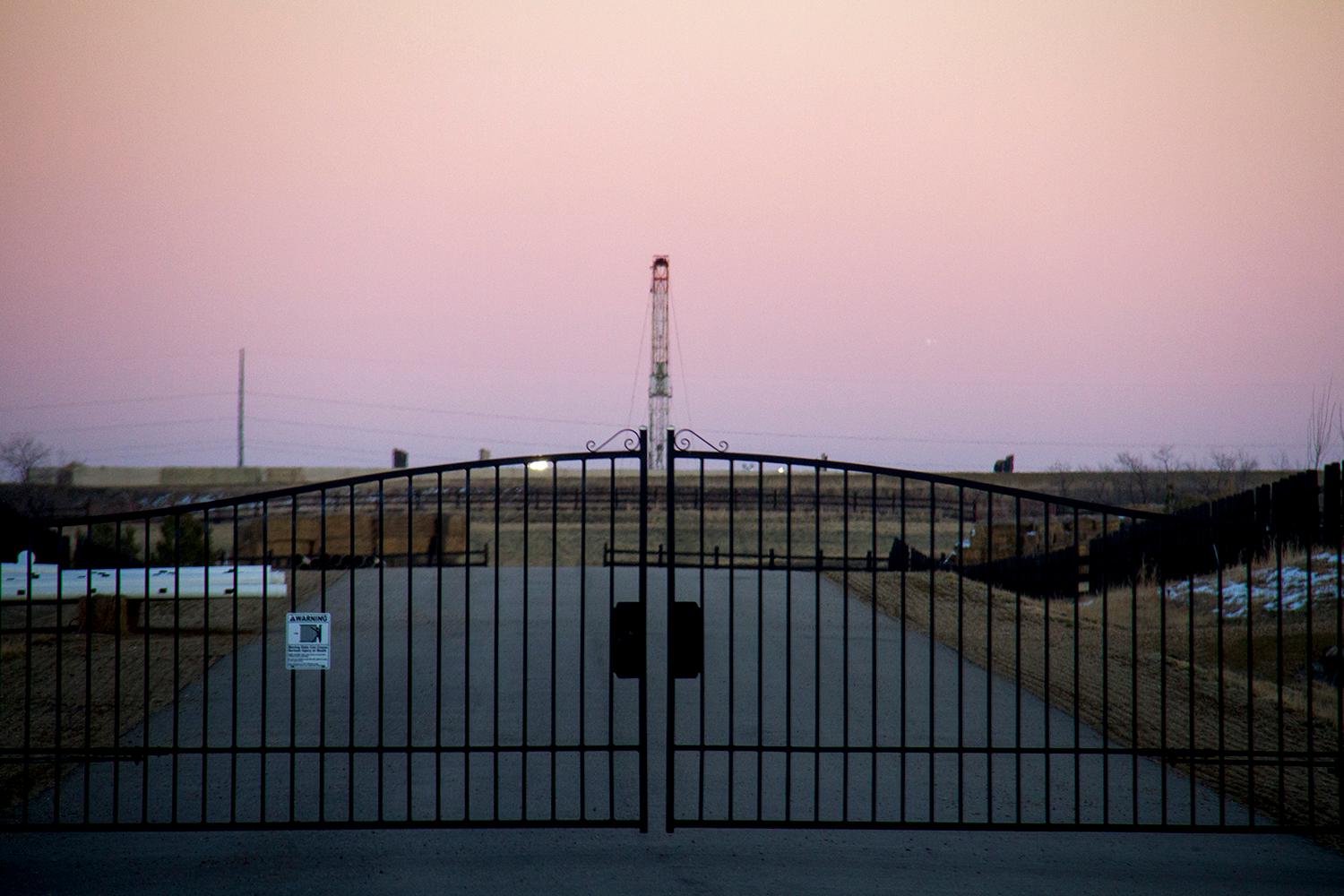
Was it the aggressive and well funded decline-to-sign campaign? Or lack of organization on the part of proponents?
The Colorado Independent has a long and worthwhile postmortem on the anti-fracking measures that failed to make the ballot.
Initiative 75 would have allowed local governments to prohibit or limit oil and gas development in their towns. Initiative 78 would have established a 2,500-foot setback between oil and gas wells and inhabited structures. The Colorado Oil and Gas Commission estimated the two measures would have put about 90 percent of the state off-limits to oil and gas production.
Given the large role oil and gas plays in the state economy and the corporate interests at stake, it's not a surprise that the initiative effort attracted opposition with deep pockets and a bully pulpit.
Gov. John Hickenlooper, whose support for oil and gas has been a frustration to environmentalists pretty much the entire time he's been in office, opposed the measure. Back in 2014, he brokered a deal to have backers withdraw anti-fracking measures that likely had more than enough signatures to make the ballot.
But many environmentalists and advocates for local control felt burned by that deal, as the task force formed to look at oil and gas regulations didn't do much to ease concerns about the impact of wells near homes and schools.

So why couldn't they get enough signatures this year?
The Independent's Kelsey Ray goes through the theories one by one.
Was it the decline-to-sign campaign? Opponents spent some $5 million on a print, TV and billboard campaign to discourage people from signing the petitions -- they say it was just to inform voters -- and volunteers reported being harassed and threatened.
“The disparity in money applied to this challenge was so huge that it’s a wonder that it was even close,” activist Dan Leftwich, an attorney in Boulder, told Ray. He said turning in more than 100,000 signatures was an accomplishment in itself given the level of opposition.
But political consultant Rick Ridder, who has worked on environmental campaigns, puts the decline-to-sign campaign at the bottom of the list of reasons. Instead, he blames lack of organizational capacity, time and money. Proponents got started way too late. They didn't have the money for paid petition circulators, and volunteers made rookie mistakes in how petitions were notarized that led to thousands of signatures being discarded.
And while Sierra Club Rocky Mountain chapter, Greenpeace and Food and Water Watch all worked hard on the initiatives, other prominent environmental groups like Environment America, Western Resource Advocates, the Environmental Defense Fund and CREDO Action did not.
Those groups have large donor bases and large mailing lists, but proponents just didn't seek out their support, Ray writes.
“Nobody asked me to support it,” said Doug Phelps, chairman of Environment America who’s also a well-known political donor.
Some groups didn't want to put money into the signature-gathering process because early polling showed the measures were likely to lose anyway.
Rep. Jared Polis, a Boulder Democrat with a family fortune, had put his political clout and financial resources behind the 2014 effort, but he largely sat out this effort.
There's been a lot of speculation that even environmentally minded Democrats didn't really want the anti-fracking measures on the ballot in a presidential election year. Colorado is a swing state leaning blue, and fracking is an issue that divides Democrats. This was the wrong year, the thinking goes, to have a knock-down, drag-out fight on oil and gas.
But it might also have been the last year. Another measure that did make the ballot -- Raise the Bar -- will make it much harder to amend the state constitution in the future if it passes.










